Establishing O.R.P. Quartet is Kayvan Mirhadi’s latest activity as a guitarist, composer and conductor of Kamerata Orchestra. Besides working with this Quartet, Mirhadi is busy these days recording and mixing some of his own works as well as some pieces by 20th century composers. O.R.P Quartet performed a concert in Rasht, Gilan Province in late May 2016 and offered a master class.
Tag Archives: Farzam Hassani
Latest posts
- Nasser Masoudi: The Voice of Gilan and a Legacy of Iranian Music
- Farhad Poupel: The Voice of the Shahnameh in the Orchestras Around the World
- Five Major Myths About Mozart’s Life
- Bahma Rajabi Passed Away!
- Reza Vohdani; Unveiling unpublished works, preservation of Iranian classical music
- Ahmad Pejman Passed Away!
- Timeless or Timely: The Role of Historical Context in Defining Artistic Value
- Leading the Charge in Censorship
- The Legacy of Khosrow Jafarzadeh
- Transition to Enlightenment: Six Lectures on Mozart’s String Quartets (4)
- Fereydoun Shahbazian, An Iranian Musical Icon Passed Away
- Transition to Enlightenment: Six Lectures on Mozart’s String Quartets (3)
From Past Days…

Interview with Farhad Poupel (II)
Fantasia on One Note was my first professional work for piano, which had its world premiere by the great pianist Peter Jablonski in Sweden, and it has been performed by various pianists in the UK, Germany, France, and the Czech Republic. The recording of this work has also been broadcast on the Dutch public radio, NPR Radio 4.
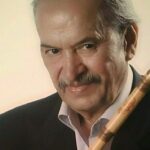
Maestro Hassan Nahid’s Role in Promoting the Ney
Maestro Hassan Nahid is one of the most prominent and distinctive artists who values high morals, discipline and hard work. His music activities include playing the Ney as both soloist and an accompaniment in the most important Iranian music orchestras and ensembles during the last fifty years, including the Orchestra of Iranian Instruments (Nusratullah Golpayegani), the Orchestra of National Instrumentalists of the Ministry of Culture and Arts (Payvar Orchestra), the Orchestra of Iranian Instruments (Morteza Hananeh) , Darvish Orchestra, Samaie Orchestra, Roudaki Orchestra, Maestros’ Ensemble, Aref Ensemble, as well as performances in various radio programs, many concerts in different countries, as well as a long teaching experience in the National Conservatory of Music, music universities and other music institutions to name but a few.
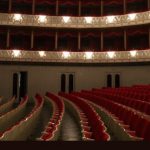
Last Year under the Light of Music
Almost three months into the new Iranian year (starting March 21), it is still not too late to have a look at the last year and the challenges that the musicians faced. The following article was published on the first day of the New Year in the Persian edition of the HarmonyTalk journal.
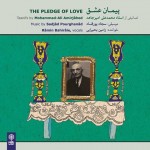
“Pledge of Love”
The “Pledge of Love” is the first album in a series composed based on the tasnifs by the renowned Iranian tasnif-maker Mohammad Ali Amir Jahed and recorded by Sahba Kohan Ensemble with Ramin Bahiraie as signer.

Simorgh Criticised
Simorgh (Simorq) Orchestra was founded by the renowned Iranian composer, Hamid Motebassem, in 2011. Simorgh Orchestra is the largest orchestra featuring Iranian national instruments. Although the orchestra established by Master Hossein Dehlavi, the great Iranian composer, in 1993 was larger than Simorgh Orchestra, it only featured the Iranian plucked string instruments unlike the latter one. The first album which was recorded by the Orchestra, conducted under Motebassem’s baton, was his Simorq based on Zal story from Shahnameh by Ferdowsi, the great Iranian poet.
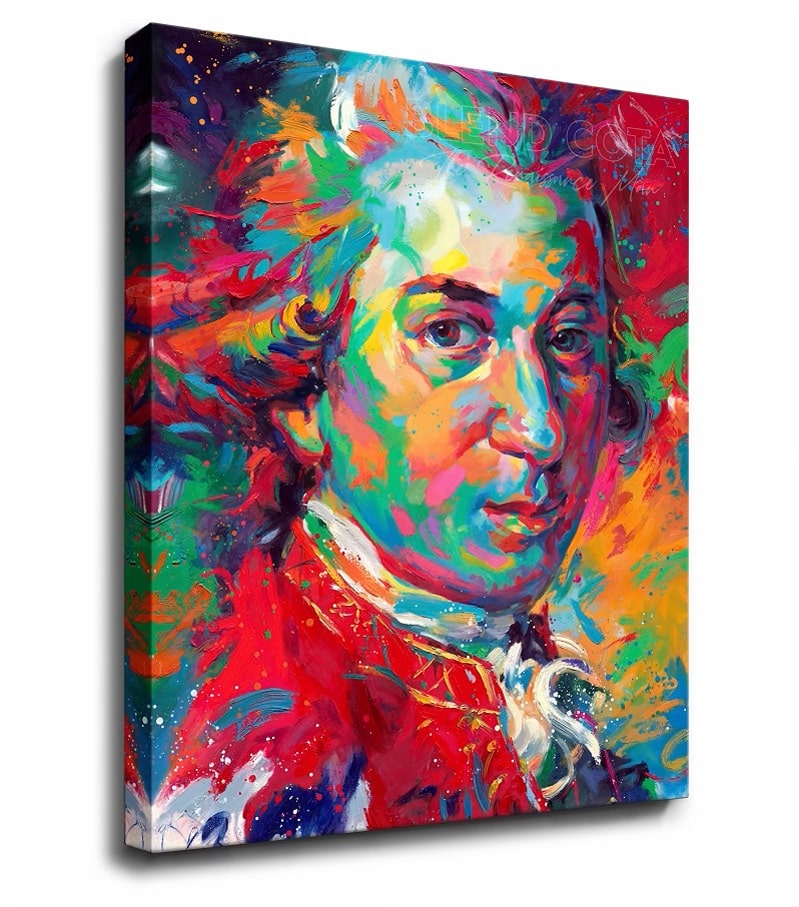
Five Major Myths About Mozart’s Life
Wolfgang Amadeus Mozart, the renowned Austrian composer, is undoubtedly one of the greatest geniuses in the history of classical music. However, his life is surrounded by numerous myths and legends, some of which are not based on facts. This article explores five of the most common misconceptions about Mozart’s life.

Principles of Violin Playing (IX)
4.3.1. To practice playing of doubles of notes involving two different fingers, each note is played at separate bows with slow tempo, each note is played perfectly regarding its bass and tenor sounds and then the considered double is played at another bow while considering the resulted sound of the double.
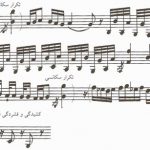
Loss of Development in Iranian Music
The mention by music instructors, academicians, students, and music enthusiasts about the lack of development in Iranian music is a topic that has been repeatedly heard, resulting in a superficial understanding and misinterpretation of Iranian music, which has been conveyed to students of the arts. This short essay aims to critique and examine this claim.
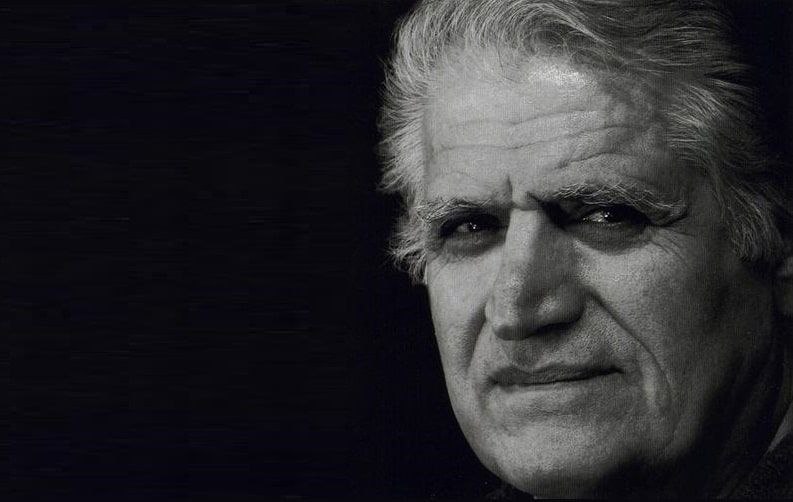
Ahmad Pejman Passed Away!
Composer and music teacher Ahmad Pejman (1935–2025) passed away on August 29 in Los Angeles, USA, after several weeks of illness. His most recent symphonic work performed in Iran was Land of the Brave (“Sarzameen-e Delavaran”), which was staged in 2017 with the Tehran Symphony Orchestra. According to the family’s decision, his body will be laid to rest in the United States.
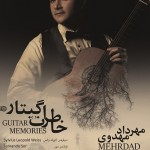
“Guitar Memories” Released
The album “Guitar Memories” consists of the performance of baroque to recent era masterpieces, by Mehrdad Mahdavi, and is published by Tanin-e Honar Publication.
In this album there are pieces composed and arranged by artists such as: Sylvius Leopold Weiss, Johann Anton Logy, Fernando Sor, Yuquijiro Yocoh, Leo Brouwer.